- Home
- About
- Publications
- Multimedia
- Events
- AEC
- News
- Consulting Services
- Contact Us

The Asian Vision Institute (AVI) is an independent think tank based in Phnom Penh, Cambodia. It aims to promote inclusive, adaptive and sustainable societies in Asia.

The Asian Vision Institute (AVI) is an independent think tank based in Phnom Penh, Cambodia. It aims to promote inclusive, adaptive and sustainable societies in Asia.

The Asian Vision Institute (AVI) is an independent think tank based in Phnom Penh, Cambodia. It aims to promote peaceful, inclusive, adaptive and sustainable societies in Asia.

